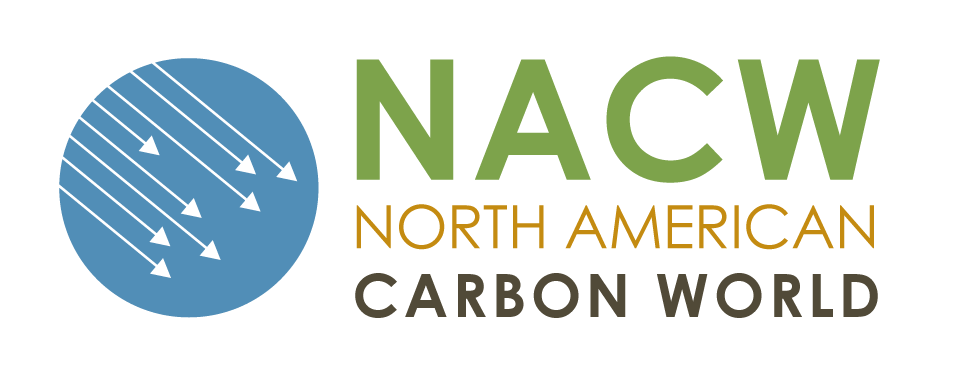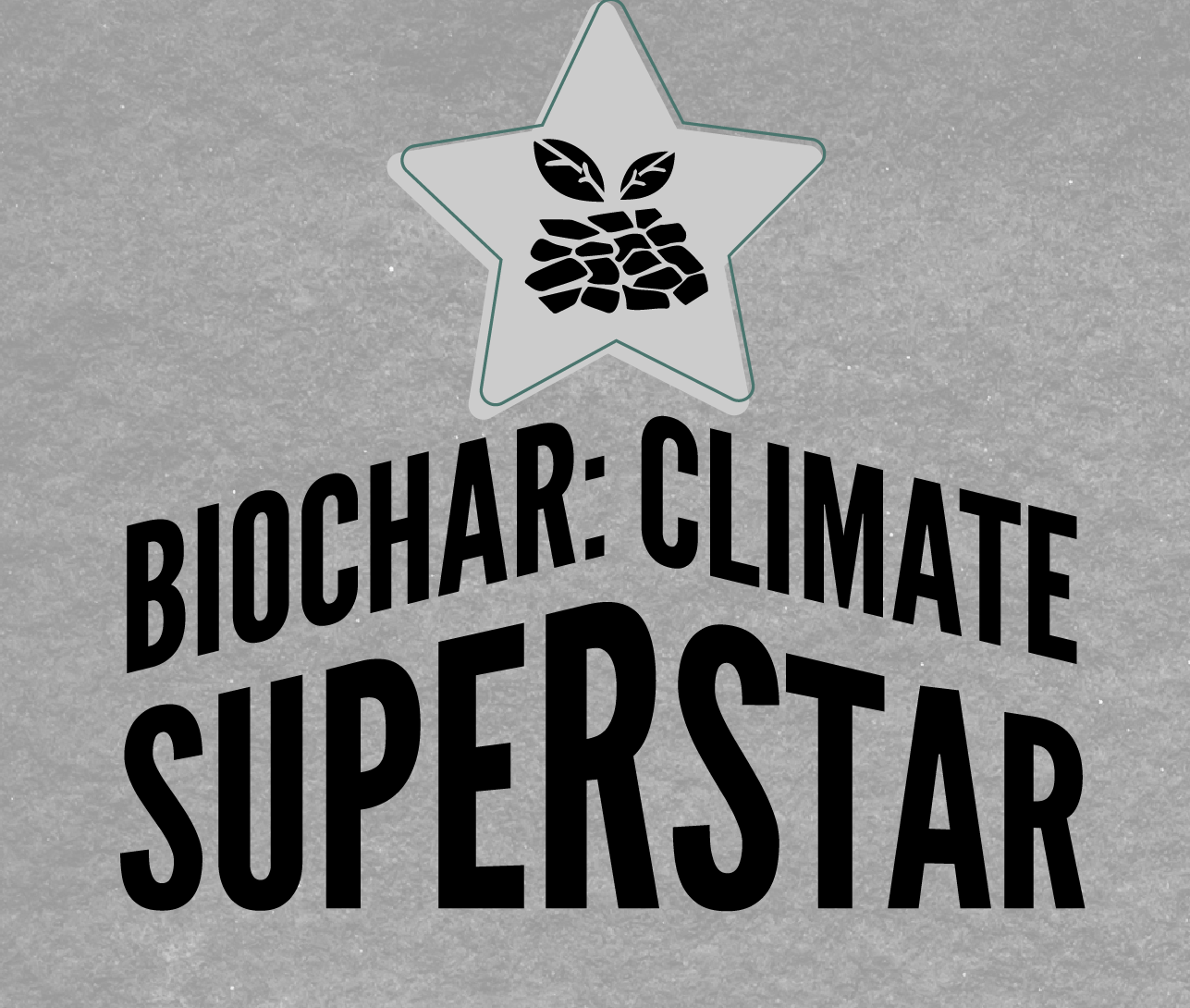Save the date for the North American Carbon World (NACW) 2025 conference! March 25-27 in Los Angeles, California
Connect with McKenzie Smith at #VERGE24 (Oct 29-31, San Jose, CA). Register with code V24CAR for a discount of 10% on registration!
The Reserve is seeking a mission-focused, dynamic, and innovative President to lead the organization in fulfilling its mission and vision, guide its growth, and build upon its successes.
Errata & clarifications for the Mexico Forest Protocol V3.0 are available for public comment through Sept 10
The Argentina Livestock Protocol is available for public comment through August 22, 2024. We will hold a public webinar to discuss the protocol in detail and solicit public comments on August 8.
Join us Tuesday, August 13 for a webinar on Empowering Climate Action through Biochar: Insights into the U.S. and Canada Biochar Protocol V1.0
Integrity Council Governing Board approves three Climate Action Reserve protocols as high-integrity
The approval of the first project categories ushers in the first CCP-tagged credits for the global VCM
LOS ANGELES, CA – The Governing Board of the Integrity Council for the Voluntary Carbon Market (Integrity Council) approved three Climate Action Reserve protocols as meeting its high-integrity Core Carbon Principles (CCP). This marks the first approvals of VCM methodologies and protocols by the Integrity Council, and the highly anticipated development means credits issued under the approved protocols will be tagged with the CCP label.
“With the Integrity Council’s announcement of the first approved protocol and methodology categories, congratulations are due to everyone who has supported the Integrity Council’s work, everyone whose collaboration helped get us to this point and everyone who has been waiting for market guidance to elevate the global VCM and its potential. There is now real-world guidance that can be applied to the real market, and market participants and others can see actual credits that are CCP-approved. This is a tremendous development for the VCM, and this is just the tip of the iceberg in terms of CCP-approved credits,” said Linda Adams, Chair of the Climate Action Reserve Board of Directors.
The three Reserve protocols approved were the US Landfill Protocol Version 6, US Ozone Depleting Substances (ODS) Protocol Versions 1-2 and Article 5 ODS Protocol Versions 1-2. The approval of these protocols provides additional validation on the quality and integrity of the Reserve’s protocols and their development process, which is public and transparent, draws from the expertise and knowledge of many expert workgroup members from various backgrounds, involves public comment and response and requires final approval by the Reserve Board of Directors in a public meeting.
“Establishing a globally respected and utilized benchmark for high integrity in the VCM is a herculean task, but the task also presents a herculean opportunity. All eyes, including those of the US Federal government, have been on the Integrity Council and how it will tackle this task,” said Craig Ebert, President of the Climate Action Reserve. “The Integrity Council has tackled the challenge head on, and with the first CCP-approved credits now available, we expect to find ourselves swiftly traveling towards a market with more consistent transparency, quality and rigor, which in turn will stimulate more supportive policy and financial investment to address the climate crisis. We expect this decision to be the first of many recognizing the high quality of the work conducted by the Climate Action Reserve.”
Approval of the protocols follows on the heels of the Reserve’s recognition by the Integrity Council as being a CCP-eligible program in April. This recognition signifies the Reserve has met the Integrity Council’s rules on robust quantification of emission reduction and removals, no double counting and sustainable benefits and safeguards.
The Climate Action Reserve is the most trusted, efficient, and experienced offset registry for global carbon markets. A pioneer in carbon accounting, the Reserve promotes and fosters the reduction of greenhouse gas (GHG) emissions through credible market-based policies and solutions. As a high-quality offset registry for voluntary carbon markets, it establishes rigorous standards involving multi-sector stakeholder workgroup development and local engagement and issues carbon credits in a transparent and publicly available system. The organization also supports compliance carbon markets in California, Washington and internationally. The Reserve is an environmental nonprofit organization headquartered in Los Angeles, California with staff members located around the world. For more information, please visit www.climateactionreserve.org.
The Climate Action Reserve is an equal opportunity provider.
###
Climate Action Offsetter: Road Scholar
![]()
What is your organization’s mission?
At not-for-profit Road Scholar, our mission is to inspire adults to learn, discover and travel. Our learning adventures engage expert instructors, provide extraordinary access, and stimulate discourse and friendship among people for whom learning is the journey of a lifetime.

What are the key principles and goals of your sustainability program?
As stewards of our planet, we are acutely aware of the urgent realities of climate change and its profound impact on the places we hold dear. At Road Scholar, safeguarding our global classroom for future generations is paramount. That’s why we’re charting a course toward sustainability that is guided by several key principles: reduce our impact where we can; prioritize partners who care about the environment; and promote environmental stewardship, social responsibility and economic sustainability on our programs.
How did you choose the right offset projects for your company?
We aspired to create a diverse portfolio of projects to fund, both geographically and by the types of projects, which include rainforest preservation in Brazil, methane gas recapture in Florida, wind energy in India, forest preservation in Alaska and more.
 How has utilizing offsets benefited your organization / your clients / your community?
How has utilizing offsets benefited your organization / your clients / your community?
In surveys to our participants, they have noted climate change is their top concern, so knowing Road Scholar is doing what it can to protect the environment is important to them.
What’s next for your organization’s climate and environmental goals?
While we have taken strides to offset the carbon footprint of our air travel in recent years (and will continue to do that), we are deepening our commitment to protecting the environment and will ingrain these values into our organizational culture. From reducing waste to forging partnerships with eco-conscious partners, our goal for the future is to integrate sustainable practices into every aspect of what we do. Our team is working to minimize our environmental footprint – whether it’s a reduction in single-use plastics or an emphasis on locally sourced cuisine. But our journey extends beyond environmental initiatives; it encompasses the social wellbeing of the communities we visit as well. By placing equal importance on people and planet, we maximize our impact, ensuring no one is left behind.

How do you incorporate sustainability into your programs?
We do offer some learning adventures with sustainability education built into the itinerary, like our Costa Rica program that that visits an agronomic research and education centers for an expert-led botanical garden exploration, and our Florida kayaking program where participants meet an expert lecturer-biologist-ecologist for a lecture on aquifer sustainability followed by a hike of a state preserve that plays an important role in supporting ecosystem and watershed health. And we are working on developing more programs that support continued education in agriculture, conservation, natural resources, and living sustainably – including offsetting travelers’ emissions.






